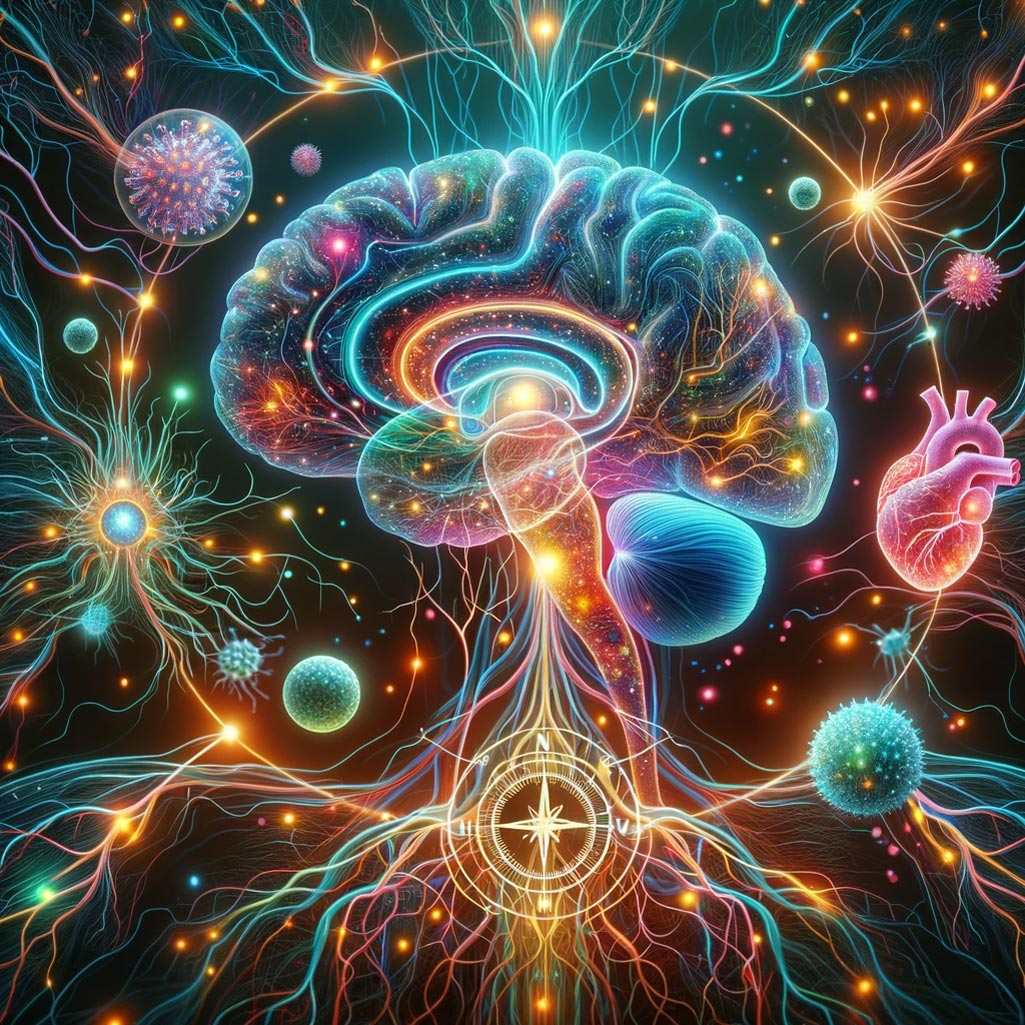
Human Cognitive Abilities: Equal Brain Power?
Is the brainpower within the human body equally distributed? This question has piqued the curiosity of many within the fields of neuroscience and psychology. The notion of "brain power" often leads us to ponder whether all humans possess similar cognitive capacities and if these abilities are uniformly utilized by the body's various systems.
The Concept of "Brain Power"
When we talk about "brain power," we are referring to the spectrum of cognitive abilities that include memory, attention, problem-solving skills, language, and reasoning, among others. These abilities are not concentrated in a single region but are the result of complex networks spread throughout the brain.
Distribution of Cognitive Abilities
It's crucial to understand that while our brains share a common structure, the distribution of cognitive abilities among individuals can vary significantly. Factors such as genetics and environmental influences play a substantial role in shaping these abilities.
Brain Power Variability
Contrary to some beliefs, cognitive function is not a fixed trait. Studies have shown that intelligence, often measured by IQ, can fluctuate and is subject to a variety of influences ranging from educational practices to emotional well-being.
Genetics vs. Environment
The "nature versus nurture" debate is central to understanding brain power. While genetics provide the blueprint for potential cognitive capabilities, environmental factors like nutrition, education, social interactions, and even individual life experiences can either enhance or impair the development of these abilities.
Misconceptions About Brain Power
One common misconception is that the brain operates like a muscle, with its power being uniform throughout. In reality, cognitive tasks activate specific neural pathways, and the efficiency of these pathways can differ vastly from one person to another.
The Role of Different Brain Regions
The brain is an organ of astounding complexity. Different regions are responsible for different cognitive functions; for example, the hippocampus is key for memory formation, while the frontal lobes are crucial for decision-making and problem-solving.
Are We Equally Intelligent?
The question of equal intelligence is complicated. While all healthy human brains have the same general capabilities, how these potentials are reached and expressed can vary significantly. Intelligence is multidimensional, with each person displaying a unique cognitive profile.
Conclusion
The distribution of cognitive abilities both within an individual and across a population is far from uniform. It's shaped by a tapestry of factors that include, but are not limited to, genetics, education, culture, and personal experiences. It's essential to appreciate this complexity when considering the notion of "brain power" and its implications for individual potential.
In summary, while our brains are remarkably similar in structure, the power they house is uniquely expressed in each individual. It's a testament to the diversity of human intelligence and the myriad of factors that contribute to shaping our cognitive abilities.
Mental Health




